ابحث بين معلمي الإنجليزية المتعددين...
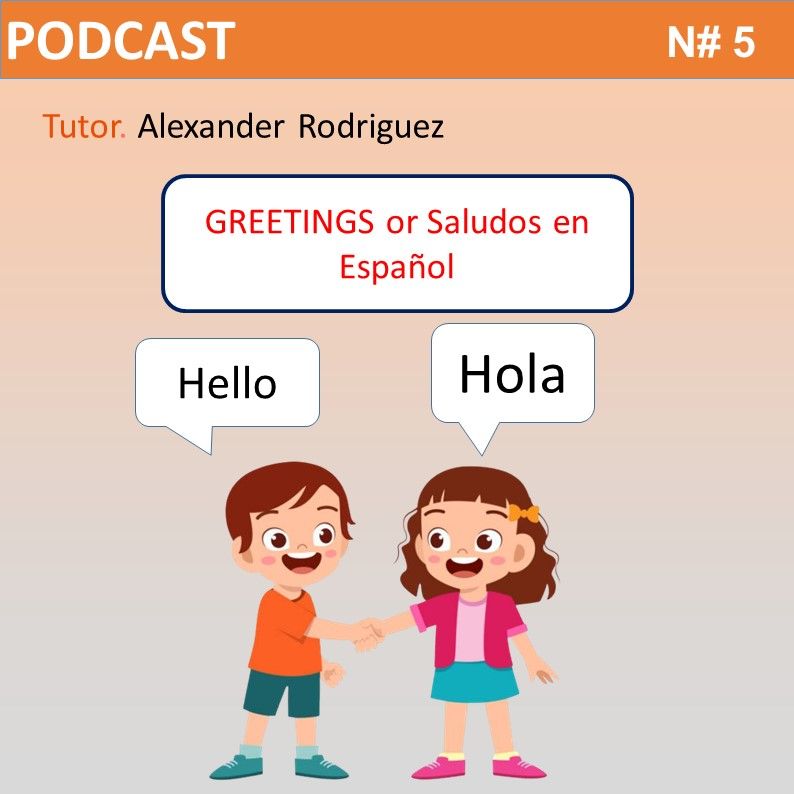
GREETINGS or Saludos en Español
الوصف
The Greetings are the first conversation between two people.
Los saludos son la primera conversación entre dos personas:
We have two ways of making salutations: Formal and Informal.
Tenemos dos formas de hacer saludos: Formal e Informal.
The formal way is used when you meet new people, talk with the oldest person, or converse politely.
Here, we have an example of Greeting:
Good morning Mr. Rodriguez. (in Spanish you say)
Buenos días, señor. Rodriguez.
You start the conversation with: Buenos días (at the morning), Buenas tardes (in the Afternoon) and Buenas noches (at the evening or night)
After that, you need to put the profession or etiquette to show respect to men and women
(Mister = señor, Mistress = Señora, and Miss = señorita)
(don’t forget to add the surname or First name) like this example:
Señor. Rodriguez or Profesor. Rodriguez
The second part of the conversation is making information about the person, situation or what do you want to know?
For example:
¿Cómo te sientes hoy?: How do you feel today?
¿Qué tal? = How are you?
¿Cómo estás? =How are you?
¿Qué estás haciendo? = What are you doing?
¿Como esta el trabajo? How is work?
¿Cómo va todo? = How is everything?
You can include more dialog to keep going the conversation.
And, the third part is the farewell or despedida.
For example:
Adiós = bye
Hasta luego = See you later
Nos vemos pronto = See you soon
Hasta la vista = See you around
Chao = bye
Te veo luego = See you later
Que te vaya bien = Good luck
The informal way is used when you know well the people for example a friend, partner, brother or coworker.
Epale! = Hey
¿Que mas? = What´s up?
¿Qué tal? = How are you?
¿Qué hay de Nuevo? = What´s new?
Hola, ¿Cómo va todo? = Hi, How is everything?
This part of the dialog can be more flexible according to the country, age, and social group.
قناة البث الصوتي
Podcast Learn Spanish
المؤلف
جميع الحلقات
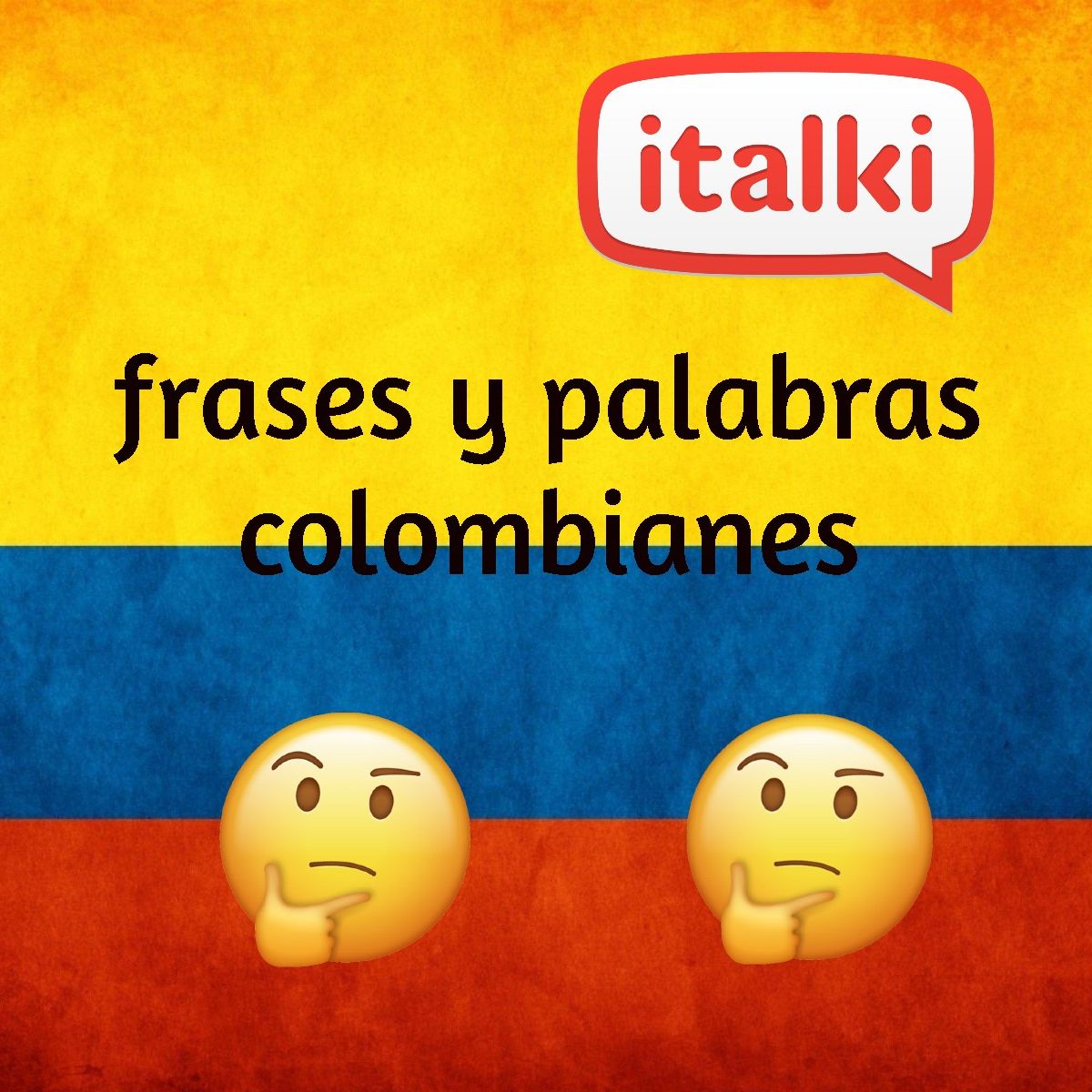
Frases y dichos colombianos

IELTS Preparation. Band 8-9 Answers. Part 3 - Leisure Activities Q4-Q6.
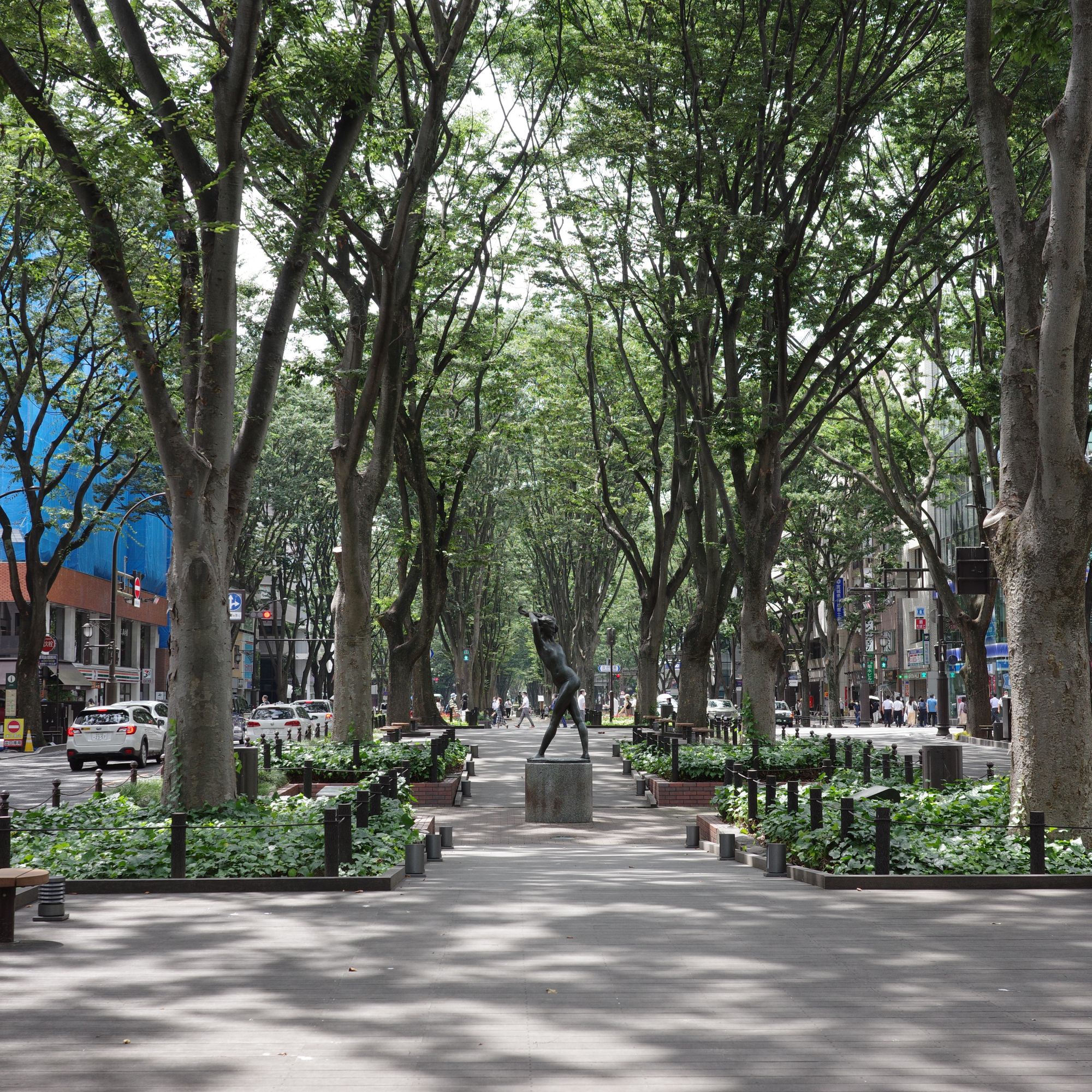
日本人男性🤵🏻と結婚💍する方法 ※Listen to this podcast and you will be popular with Japanese men.
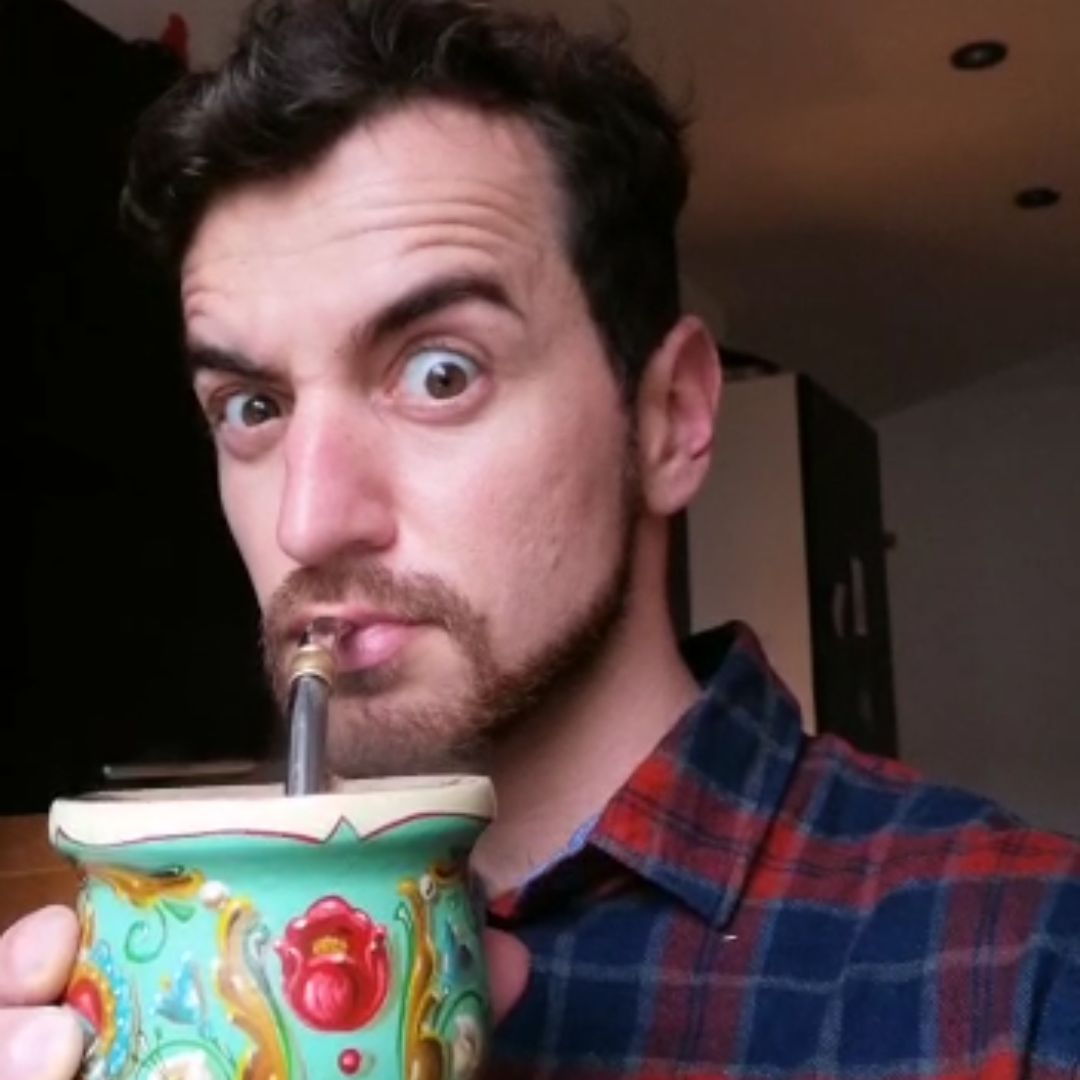
Il bambino interiore

Italki the best app for learning spanish

苹果多少钱一斤 píngguǒduōshǎoqiányījīn
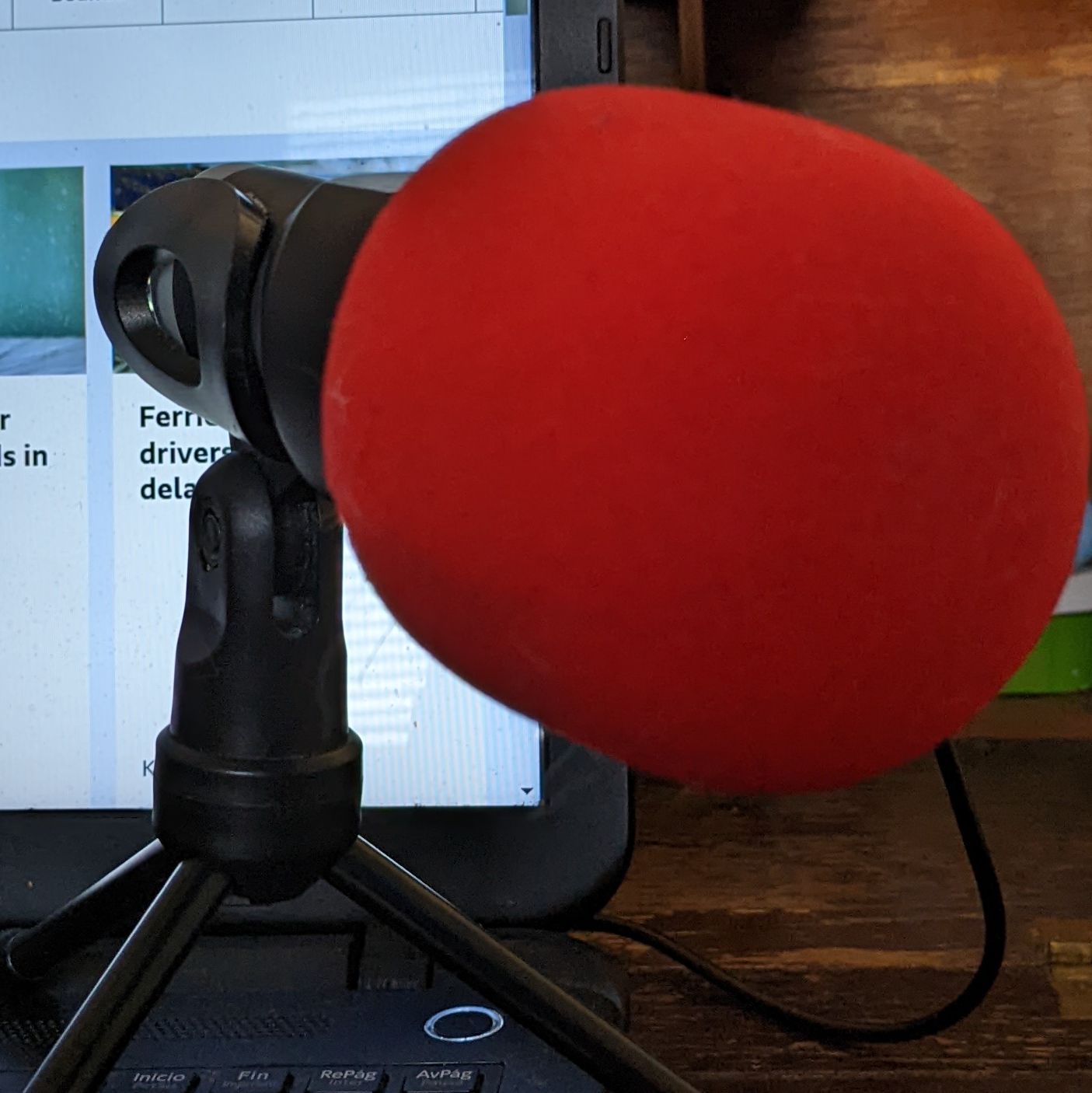
Who am I in the English World?

Happy National Radio Day
حلقات رائجة

Colombia
Frases y dichos colombianos

IELTS-SPEAKING 8-9 BAND IS POSSIBLE. DAILY SPEAKING PRACTICE PART 1,2 & 3. Listen daily.
IELTS Preparation. Band 8-9 Answers. Part 3 - Leisure Activities Q4-Q6.

Japanese "Taka" it easy
日本人男性🤵🏻と結婚💍する方法 ※Listen to this podcast and you will be popular with Japanese men.

The Italian Miscellaneous Podcast🖐
Il bambino interiore

Mucho que decir
Italki the best app for learning spanish

HSK2--materials and exercises for listenning, reading and speaking
苹果多少钱一斤 píngguǒduōshǎoqiányījīn

Teacher Joseph's Podcast
Who am I in the English World?

Teacher Joseph's Podcast
Happy National Radio Day